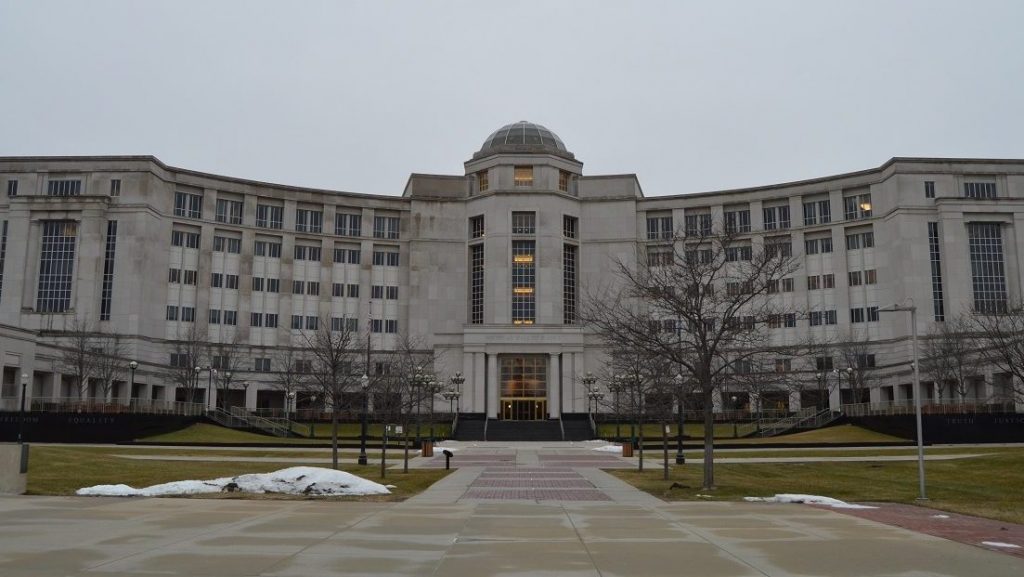Michigan Supreme Court to Hear Grand Rapids “Print and Photo” Case
A Grand Rapids city policy allows police officers to photograph and fingerprint subjects they want to question who don’t have IDs.

Michigan Supreme Court
The Michigan Supreme Court has announced the cases it will hear during its November oral arguments. One is a civil rights challenge to a controversial Grand Rapids Police Department policy.
The plaintiffs in this combined case are two young African Americans who were stopped, photographed and fingerprinted under a city policy that allows police officers to do that when subjects they want to question don’t have IDs.
ACLU of Michigan attorney Dan Korobkin says that violates the 4th Amendment. He says it’s typically been used against teens and minorities who are stopped, but never charged with anything.
“The issue here is why do the police really need to be out there on the street taking people’s photographs and fingerprints just on the side of the road?” says Korobkin. “We don’t know of any other police department in Michigan that goes around taking people’s fingerprints and photographs on the side of the road like this, and it’s a serious invasion of people’s constitutional right to privacy.”
Korobkin says it’s a privacy violation because it leaves the department with a database of photos and fingerprints of people who’ve never been accused of a crime. A spokesman for the city said he was not able to comment on the case because he had only recently become aware of it.
Trusted, accurate, up-to-date.
WDET strives to make our journalism accessible to everyone. As a public media institution, we maintain our journalistic integrity through independent support from readers like you. If you value WDET as your source of news, music and conversation, please make a gift today.
